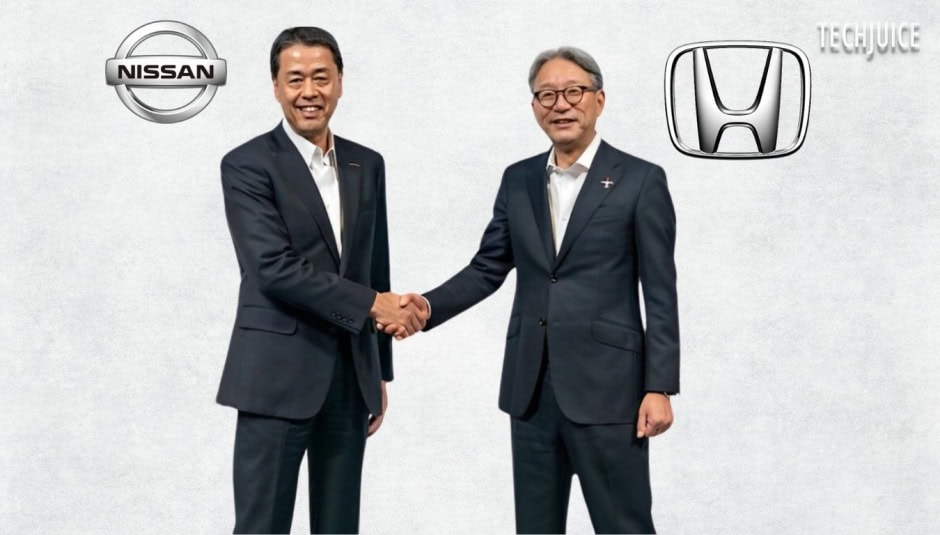Honda and Nissan are discussing a possible merger by 2026, which would represent seismic chaos in Japan’s vehicle sector. With this big move, they hope to deal with the growing competition from top brands like BYD and Tesla. If successful, they will become the world’s third-largest car group by sales, following Toyota and Volkswagen.
Pooling Resources for Growth
With the merger, both businesses would be able to pool their resources and grow, giving them a competitive edge. The two businesses want to achieve ¥30 trillion ($191 billion) in revenue and ¥3 trillion in operational profit when they work together. With a majority on the board of directors, Honda is projected to rule the combined entity.
Furthermore, Nissan has a sizable stake in Mitsubishi Motors, which is also in the merger discussions. However, a decision will be made by January 2025. In addition to increasing the group’s yearly vehicle production to more than eight million units, a merger with Mitsubishi Motors will significantly enhance the company’s worldwide sales, with the goal of surpassing Hyundai and Kia.
The automotive industry has changed quite a bit, according to Honda CEO Toshihiro Mibe, who cited technology improvements in electrification and autonomous driving.
Timeline for Merger Completion
By June 2025, the corporations should have finalized their merger discussions, and by August 2026, they will have become a formidable company. After that period, Nissan and Honda would delist their respective shares. The two companies first began working together in March on electrification and software development, then in August they extended their relationship to incorporate Mitsubishi Motors.
Honda CEO Toshihiro Mibe stated emphatically, “This is not a rescue of Nissan,” stressing that the merger could not have taken place without Nissan’s turnaround. Significant sales reductions in important areas like the US-led Nissan announced plans last month to cut 90,000 jobs and lower worldwide production capacity by 20%. Honda has had problems in China, but the company is still steady because motorcycles and hybrid cars are selling well.
The largest stakeholder of Nissan, Renault, has expressed its willingness to “discuss with Nissan and consider all possible options.” Foxconn, a Taiwanese electric vehicle maker, had an earlier merger proposal rejected by Nissan.
The market reacted positively to the news of the merger, sending shares of Honda up 3.8%, Nissan up 1.6%, and Mitsubishi Motors up 5.3%. This increase reflects the confidence around the cooperation and the anticipated growth in the future.












